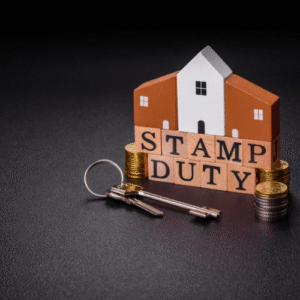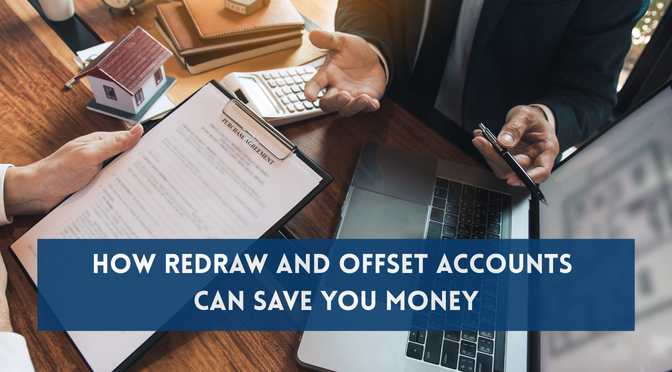Understanding Stamp Duty
When you buy a property, there are extra costs beyond the purchase price. One of the biggest is stamp duty. Stamp duty is a government tax charged when you transfer property ownership. The amount you pay depends on the property’s value, location, and your personal circumstances.
Many first-time buyers are surprised by how much stamp duty can add to the total cost of buying a home. That’s why it is important to understand it early and factor it into your budget.
Why Stamp Duty Exists

Stamp duty has been around for centuries and was originally designed to raise revenue for governments. Today, it still serves as a major source of income for state and territory governments in Australia. These funds are often used to improve public services such as schools, hospitals, and infrastructure.
While some argue that stamp duty is outdated, it remains a key part of the property buying process. For now, if you plan to purchase property, you need to be ready for this cost.
How Stamp Duty Is Calculated
The amount of stamp duty you pay depends on several factors. The most important is the value of the property. Generally, the higher the property price, the higher the stamp duty. Different states and territories also have different rates and thresholds, so where you buy matters.
Other factors can also influence the amount. For example, whether you are a first-home buyer, an investor, or buying vacant land may affect your final bill. This means it is essential to use a calculator or get professional advice before making an offer.
Stamp Duty for First-Home Buyers
Many states offer concessions or exemptions for first-home buyers. These benefits are designed to make it easier for people to enter the property market. Depending on where you live, you may pay no stamp duty at all if your home is under a certain value.
However, the rules vary widely between states, and the property type also matters. That’s why it’s important for first-home buyers to research the rules where they are buying to avoid any surprises.
How Stamp Duty Impacts Your Budget
Stamp duty can add tens of thousands of dollars to the cost of buying a property. For example, on a home worth $600,000, the stamp duty could easily exceed $20,000 depending on the state. That’s money you need to pay upfront in addition to your deposit and other fees.
If you don’t plan for stamp duty, you may find yourself short of funds when settlement comes. Factoring this cost into your savings goal will help you stay prepared and avoid financial stress.
Exemptions and Concessions
In addition to first-home buyer benefits, there are other cases where stamp duty may be reduced or waived. For example, some states provide concessions for pensioners, farmers, or those buying property for specific purposes.
It’s always worth checking if you qualify for any exemptions. Even a small discount can make a big difference in how much you need to save. Speaking with a finance broker or legal professional can help you confirm what applies to your situation.
Common Misconceptions About Stamp Duty
One common misconception is that stamp duty is the same everywhere. In reality, the rules and rates vary significantly across states and territories. Another misunderstanding is that stamp duty can be added to your loan. In most cases, it must be paid upfront, so you need cash on hand.
It’s also important to note that stamp duty doesn’t just apply to homes. It can apply to land purchases, investment properties, and even some commercial transactions. Understanding these details ensures you don’t make costly assumptions.
How to Prepare for Stamp Duty
The best way to prepare for stamp duty is to plan early. When you set a savings goal for your deposit, include an estimate for stamp duty in your calculations. This will give you a realistic picture of how much you need before you buy.
Using online calculators or talking to a finance broker can help you work out the exact amount for your situation. Being prepared will give you confidence during the buying process and prevent last-minute financial stress.
The Future of Stamp Duty
In recent years, there has been debate about whether stamp duty should be replaced with other taxes, such as an annual property tax. Some states have started offering buyers the choice between paying upfront stamp duty or ongoing property tax.
While these changes may evolve over time, for now, stamp duty remains a reality for most property buyers. Staying informed about potential reforms can help you plan ahead and take advantage of new options if they become available.
Why Professional Guidance Matters
Stamp duty is one of the most significant extra costs in property buying, and mistakes can be expensive. Working with a finance broker ensures you know what to expect, what concessions you may qualify for, and how to budget effectively.
Professional guidance helps you avoid surprises and gives you peace of mind. By getting the right advice, you can focus on finding the right property rather than worrying about hidden costs.
If you’re planning to buy a home and want to understand how stamp duty affects you, Premium Select Finance is here to help. Our experienced team can guide you through the process, explain the costs, and make sure you are financially prepared for your purchase.

